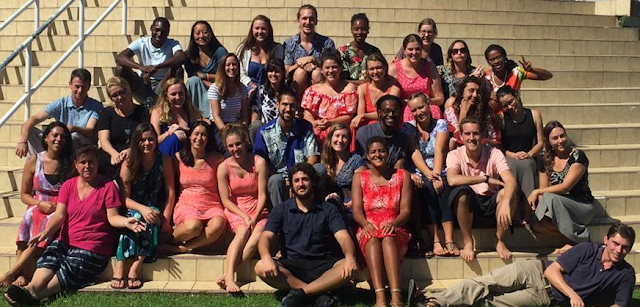Ghanaian Pop Star Wiyaala and Embracing Black Beauty in Fiji - from a Facebook post

Shauneille Blair shared a video. Admin · October 25, 2018 I love this! Ghanaian pop star Wiyaala refuses to deny her own natural beauty! I'll be showing this video to my students. For many decades in the U.S. and in Fiji, British colonizers restricted access to education, jobs and government positions. Only white or light-skinned (mixed-race) people were allowed in higher education, office jobs, and government. If a person wants to be successful, they still have a much better chance if they look closer to white. This is especially true for females. If a woman failed to be light-skinned, many try to at least have lighter children to give them the opportunities they couldn't have themselves. Some women get pregnant by white male tourists who they know are only passing through just to have a lighter-skinned baby. Popular media in Fiji features light-skinned people with long, straight hair. Imagine my surprise to arrive and see that most Fijians look just like me and my black Indig
